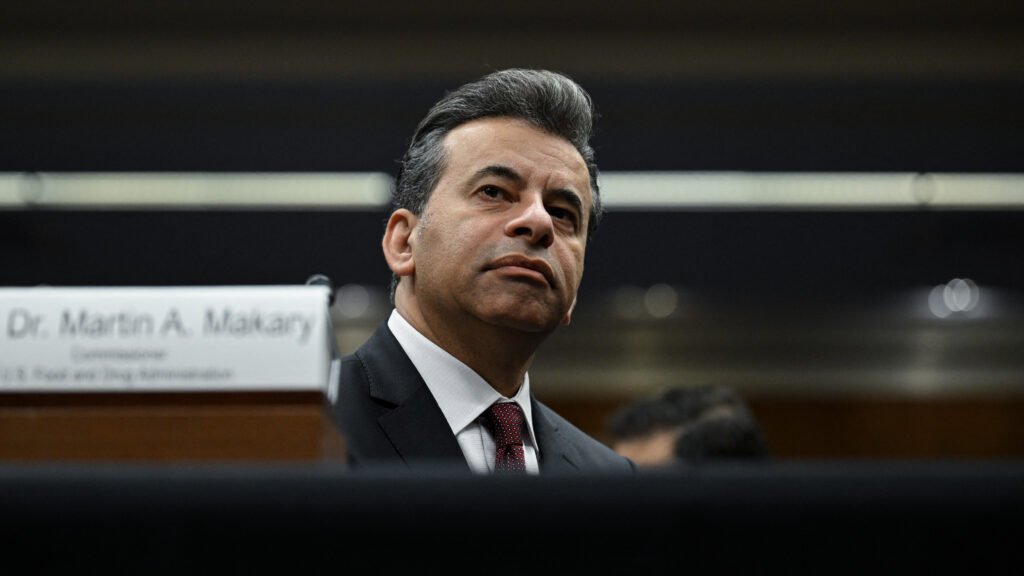At a recent Senate budget hearing, Food and Drug Administration Commissioner Marty Makary faced tough questions from lawmakers regarding the agency’s new Covid-19 vaccine framework, the accidental firings of infant formula scientists, and the pace of regulatory approval for rare disease drugs. Makary, at times, expressed frustration and refuted reports of slow-downs at the agency, as well as quibbled with lawmakers over past statements regarding the impact of Health and Human Services (HHS) layoffs on FDA scientists.
The hearing, originally intended to focus on the Trump administration’s 2026 budget request, delved into a wide range of FDA issues currently in the political spotlight. Although the FDA’s budget was not mentioned in the president’s preliminary spending package, Makary highlighted in his opening remarks that the agency is seeking $6.8 billion for the upcoming year, with $3.6 billion coming from industry user fees.
The contentious exchange between Makary and lawmakers shed light on the challenges facing the FDA and the importance of ensuring the agency has the resources needed to effectively regulate and approve critical medical products. The accidental firings of infant formula scientists and the impact of HHS layoffs on FDA staff underscored the need for improved communication and coordination within the federal government.
As the FDA continues to navigate the complex landscape of drug regulation and approval, it is essential that policymakers prioritize funding and support for the agency. Makary’s testimony serves as a reminder of the crucial role the FDA plays in safeguarding public health and ensuring the safety and efficacy of medical products for all Americans.
In conclusion, the Senate budget hearing highlighted the ongoing challenges facing the FDA and the critical need for bipartisan cooperation to address these issues. By working together to support the FDA and strengthen its regulatory capacity, lawmakers can help ensure that the agency remains at the forefront of protecting public health and advancing medical innovation.


